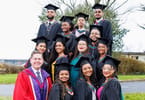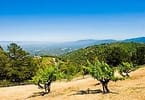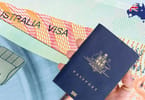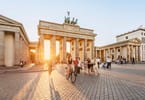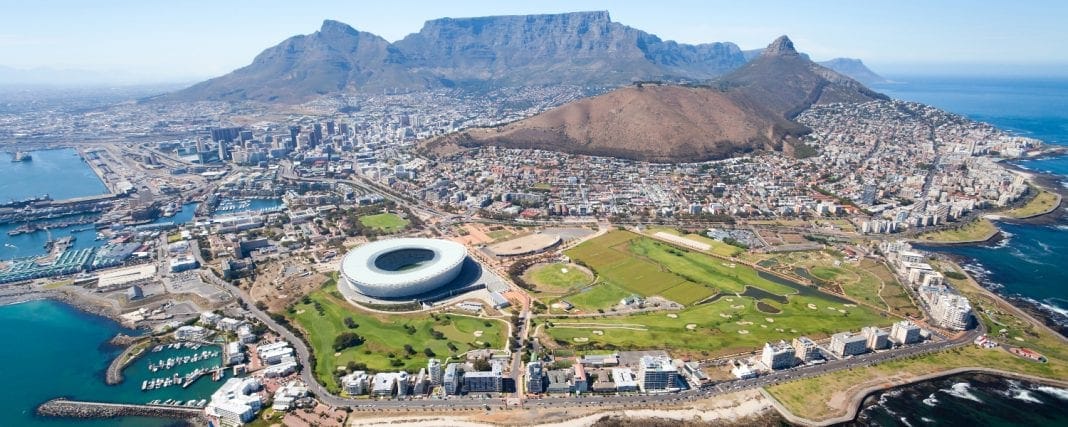Recognizing the noble role and personal commitment in conservation of wildlife in Tanzania and Africa, the Tanzania tourism players had early this month name theNgorongoro Conservation Area Commissioner Dr. Freddy Manongi, saying he is a Tanzania’s icon of sustainable conservation.
Members of the Tanzania Association of Tour Operators (TATO) named the Dr. Manongi an unsung conservation hero who had steered Ngorongoro Conservation Area Authority (NCAA) to become the best example of wildlife conservation area with multiple land use in Africa.
Ngorongoro Conservation Area is on top among the most attractive sites in Tanzania and the East African region, pulling crowds of tourists every year.
“Tour operators in Tanzania see Dr. Manongi as a conservation superman who is accomplished in protecting, expanding and promoting one of the country’s most treasured godsend, TATO Chief Executive Officer Sirili Akko said.
Since appointed to his current post, Dr. Manongi has been navigating the State-run Conservation Authority with competence, skills, dedication and sincerity, Akko said.
Ngorongoro Conservation Area has been voted the best tourist site for domestic, regional and international tourists, raising Tanzania’s position and image on top among finest tourist destinations in the world.
Dr. Manongi, the highly trained wildlife and nature conservation scientist had as well, succeeded to develop Geo-tourism inside the conservation area. This new type of tourism sustains and enhances the distinctive geographical sites and their natural environment, heritage and culture into tourism.
The Ngorongoro-Lengai is the first Geopark in East Africa, but also the leading site for geo-tourism in Africa south of Sahara. It is the second in Africa after the M’Goun in Morocco.
The Ngorongoro-Lengai Geopark covers an area of 12,000 square kilometers of rocky hills, lengthy underground caves, lake basins and hominid discovery sites.
The Ngorongoro-Lengai Geopark comprises ancient Datoga tombs; Caldera Route covering, among other sites, Irkepus Village, Old German House, Hippo Pool and Seneto springs, the active Oldonyo-Lengai Volcano and the Empakai Crater.
Dr. Manongi is also known and respected for his efforts to improve the crucial infrastructures together with a marketing campaign which had increased the number of tourists the raised revenues, partly shared by local Maasai communities living in the conservation area.
Ngorongoro Conservation Area is also the site where the first human being is believed to have originated and actually lived millions of years. This is where the entire globe population would have liked to trace their ancestral roots.
It is now standing the leading world heritage site in Northern Tanzania, taking various marketing strategies to attract more tourists.
The Conservation Area has also been affected by the COVID-19 pandemic, like all other places in the world, but is currently implementing various strategies to mitigate with the impacts of the global disease.
In response to the situation, the site’s management has been taking various measures to cope up with the situation the mitigate the impacts of Covid-19 pandemic on tourism.
The number of tourist arrivals to the NCAA between July and October this year (2021) reached 147,276 visitors, raising new hopes for quick tourism recovery from Covid-19 pandemic impacts.
Ngorongoro has remained open for visits, but precautionary measures are taken to ensure the safety of both the visitors and the site’s staff. The number of tourists visiting the Conservation Area is increasing to maintain its previous status.
The NCAA management has been raising awareness of the pandemic and infection prevention mechanisms, aiming to attract tourists to visit the area.
Dubai Tourism Expo now taking place in the United Arab Emirates (UAE) is the other international Tourism exhibition of which NCAA delegates are participating.
NCAA remains a unique World Heritage Site where the indigenous people live harmoniously with wild animals.
Social service projects are currently being implemented inside the conservation area to benefit the Maasai communities there, and these include educational, health, water, livestock extension, and income-generating programs.
Spearheading conservation and community benefit sharing, the Ngorongoro Conservation Area Authority has supported the Maasai women to establish a women’s income-generating initiative that is targeting to attract and activate womenfolk in development activities.
NCAA had completed major constructions and renovations of some of its Crater’s infrastructures to accommodate more tourists, who are expected to visit the area this year (2022).
The 4.2 kilometre long road connecting Seneto to the Ngorongoro Crater has been constructed by non-bitumen, but hard stone materials used in paving the road as to protect the environment within the Conservation Area.
NCAA management had set out strategies to build capacity to its staff through training as to equip them with knowledge and skills in hospitality to serve tourists, investors and other clients or customers within the Conservation Area.
Under its community outreach support through “Good neighborliness” prfogramme, NCAA had established Beekeeping project then provided 150 beehives, honey containers, protective gears and marketing of products associated with beekeeping to local communities in Karatu District.
Outreach projects are directed to strengthen communities’ income. These including handcrafts and cultural entertainments targeting to attract tourists visiting the area take part then raise the income for local communities.
Ngorongoro Conservation Area is a unique World Heritage Site where the indigenous people live harmoniously with wild animals.
WHAT TO TAKE AWAY FROM THIS ARTICLE:
- Manongi is also known and respected for his efforts to improve the crucial infrastructures together with a marketing campaign which had increased the number of tourists the raised revenues, partly shared by local Maasai communities living in the conservation area.
- In response to the situation, the site's management has been taking various measures to cope up with the situation the mitigate the impacts of Covid-19 pandemic on tourism.
- The Conservation Area has also been affected by the COVID-19 pandemic, like all other places in the world, but is currently implementing various strategies to mitigate with the impacts of the global disease.





